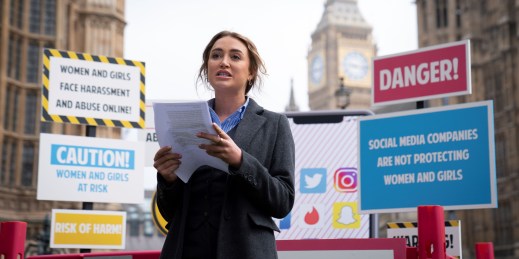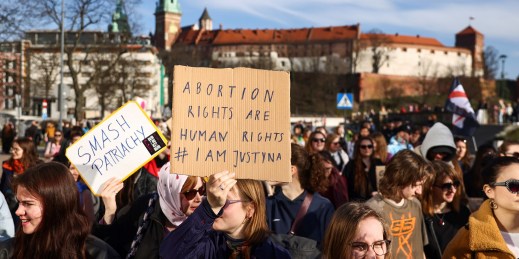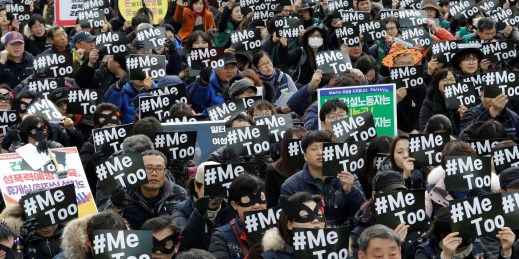
While making the world safer for women and girls is the goal of the U.N. Commission on the Status of Women, it has historically focused on doing so in physical spaces. But as the emphasis on the digital age at this year’s annual CSW session made clear, its mission must expand to include harm and gendered violence that takes place online.


